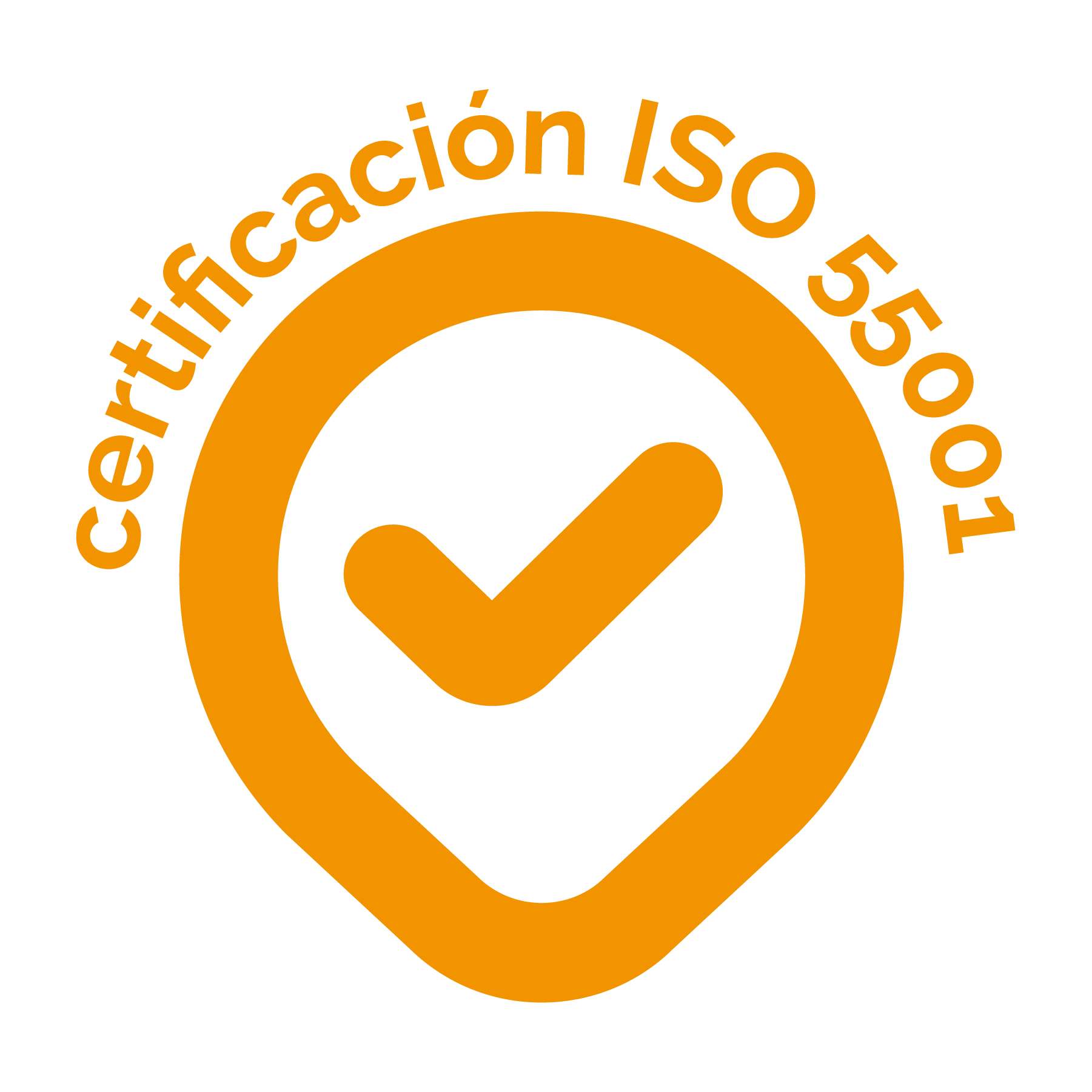In the current competitive landscape, businesses are continuously looking for ways to upgrade their operations and secure customer satisfaction. One of the most recognized frameworks for achieving these goals is ISO 9001 certification. This certification provides organizations with a structured approach to overseeing their quality processes and improving overall performance. As companies strive to meet the requirements of a global market, understanding the significance of ISO 9001 becomes increasingly essential.
ISO 9001 certification is more than just a symbol of success; it is a commitment to quality that reflects an organization's devotion to delivering uniform products and services. This internationally accepted standard specifies requirements for a quality management system, focusing on customer satisfaction, continuous improvement, and process efficiency. As businesses embrace the future, securing ISO 9001 certification can be a effective strategy to create trust, boost reputation, and foster long-term success.
Advantages of ISO 9001 Accreditation
ISO 9001 certification brings a variety of benefits to firms. One of the key benefits is the improvement of client contentment. By implementing a quality management system based on the standards of ISO 9001, businesses can better understand and fulfill customer needs. This focus on excellence leads to higher goods and offerings, meeting the expectations of clients and building customer allegiance.
A further important advantage is the boosted operational efficiency that being ISO 9001 certified encourages. The system drives firms to streamline processes, reduce waste, and eliminate unproductive habits. By constantly evaluating and enhancing workflows, organizations can attain greater productivity and enhanced resource management, ultimately leading to cost savings and enhanced financial performance.
Moreover, achieving ISO 9001 certification can enhance an entity's standing and competitive edge. It functions as a recognized benchmark that guarantees related parties, including buyers and collaborators, of the organization's devotion to quality. This certification can create opportunities for new market opportunities, as many clients prefer or demand vendors to be accredited with ISO 9001, placing these businesses as front-runners in their sectors.
Implementation Challenges

Securing ISO 9001 certification can introduce multiple challenges for organizations, particularly for those that are new to quality management systems. One of the primary challenges is the need for a cultural transformation within the organization. Employees may be accustomed to existing processes, and adapting to a different standard often requires substantial changes in mindset and practices. This transition can lead to pushback from staff, making it important for management to proactively involve and communicate the advantages of ISO 9001.
Another critical issue is the documentation and requirements for processes inherent in the certifying process. ISO 9001 focuses on creating a comprehensive quality management system that includes explicit documentation of processes, protocols, and roles. Organizations may struggle with this obligation, particularly if they do not have experience in quality documentation. It can be labor-intensive and costly to compile the necessary documentation, which can discourage some businesses from pursuing certification.
In conclusion, maintaining ongoing compliance with ISO 9001 standards can also pose difficulties. Once certified, organizations must continuously monitor and improve their practices to meet the requirements of the standard. This continuous effort demands time, training, and a organized approach to quality management. Organizations may find it challenging to keep up the level of engagement needed to ensure that the advantages of the certification are achieved over the duration.
Future Trends in Quality Management
As businesses change, the importance of ISO certification is becoming increasingly clear. Businesses are realizing that a commitment to quality management not only improves operational efficiency but also establishes customer trust. The next phase of quality management will likely see a more integration of technology, with tools like AI and data analytics helping organizations assess and refine their processes in the moment. This shift will enable businesses to be more nimble and adaptable to customer needs, thus pushing for continual improvement.
Environmental sustainability will also play a pivotal role in the future of ISO 9001 certification. As the public turn increasingly environmentally aware, organizations will need to synchronize their quality management systems with sustainability goals. This means that organizations will more frequently implement processes that not only deliver quality products and services but also minimize their ecological footprint. By integrating sustainability into their quality management frameworks, businesses can obtain a competitive edge while satisfying regulatory requirements and customer expectations.
Ultimately, employee engagement will be a critical focus area for quality management in the future. certifyproinsights will need to foster a culture where employees feel valued and empowered to take part in quality improvement initiatives. ISO 9001 certification highlights the role of employees in successfully meeting quality objectives, and organizations that prioritize workforce involvement will probably see increased motivation and productivity. This partnership model will not only result in better quality outcomes but also contribute to a better work environment, ultimately advantaging the organization as a whole.
